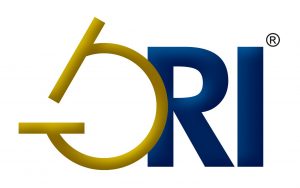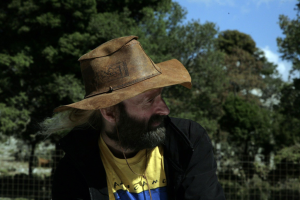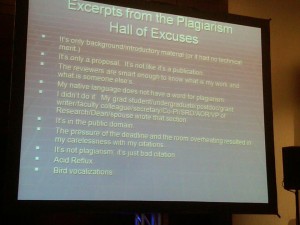A U.S. federal agency that oversees research misconduct investigations and issues sanctions appears to be doling out punishments fairly, according to researchers who analyzed summaries of the agency’s cases from the last three decades.
But the authors of the study also found more than 30 papers the ORI said should be retracted have yet to be.
The researchers looked for associations between the severity of penalties the Office of Research Integrity (ORI) imposed on scientists it found responsible for research misconduct and their race and ethnicity, gender, academic rank, and other qualities. The researchers published their findings in late November in Accountability in Research, as the agency is in the process of revising its key regulations,
According to the new analysis, ORI’s sanctions correlated with factors indicating the seriousness of the misconduct, such as being required to retract or correct publications, but not with demographics.
“We did not find evidence of bias,” Ferric Fang, a professor at the University of Washington School of Medicine and one of the study’s authors, said.
Fang, also member of the board of directors of The Center For Scientific Integrity, Retraction Watch’s parent nonprofit organization, told us:
Continue reading What analyzing 30 years of US federal research misconduct sanctions revealed







